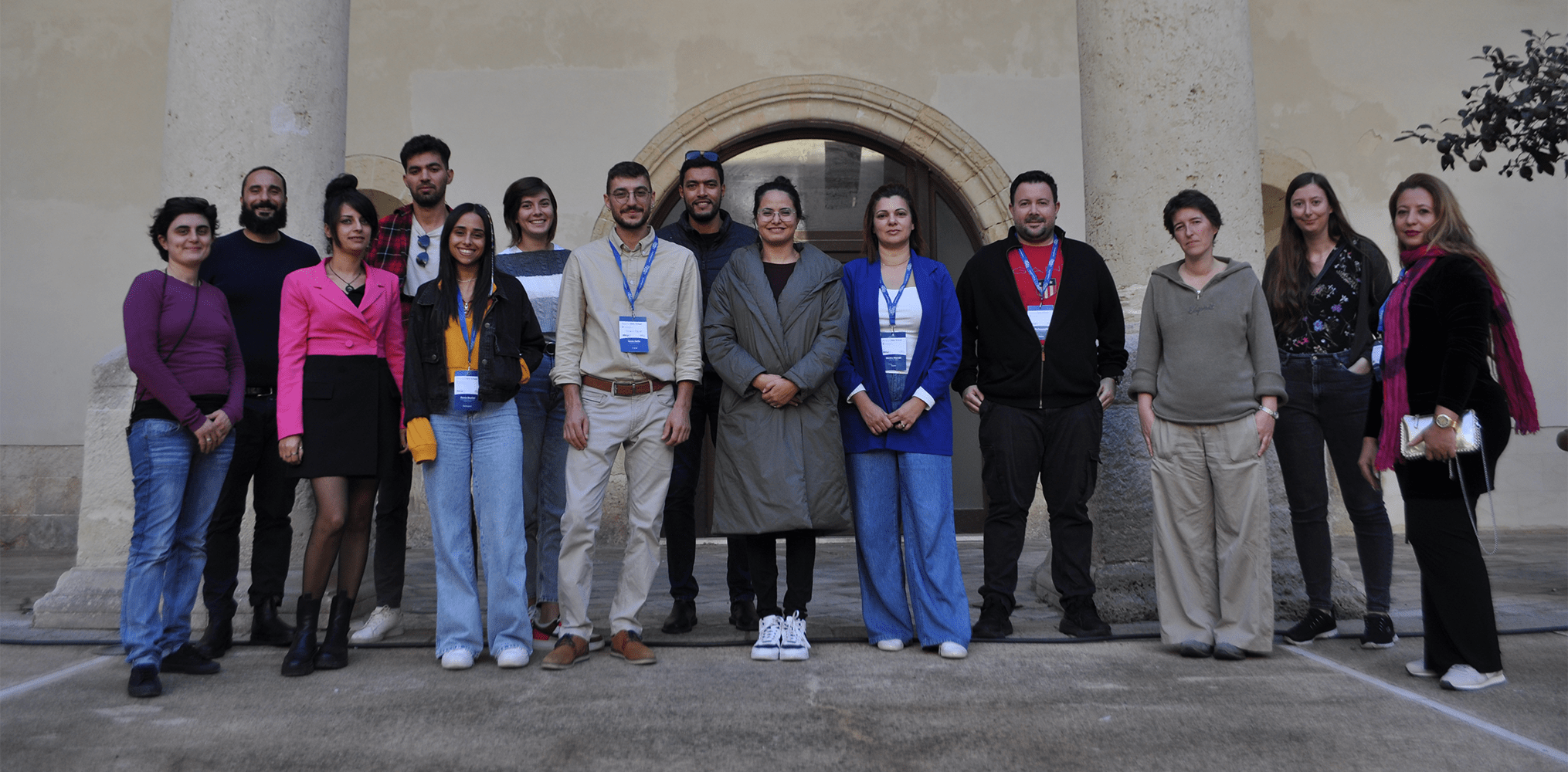
From November 13 to 15, the Autumn Data School was held in Lecce, Italy. It was a three-day workshop organised jointly by EMODnet and LifeWatch ERIC. The workshop brought together researchers from Belgium and the Mediterranean region, including Italy, Greece, Tunisia, and Algeria. The School’s primary objective was to facilitate knowledge exchange and promote open and FAIR marine research data management practices.
During the event’s first two days, the participants engaged in hands-on DATAthon. This involved a deep dive into data management best practices, which included all aspects of the data lifecycle, starting from data collection and ending with data publication. The participants worked in teams, bringing their datasets and receiving guidance on preparing, standardising, and submitting their data to marine research repositories such as MedOBIS and the LifeWatch ERIC Metadata Catalogue.
During the third day of the workshop, the participants explored the potential of Citizen Science platforms, such as Zooniverse and the LifeWatch Citizen Science Platform. They gained valuable insights into creating and implementing Citizen Science projects, which helped them empower volunteers in historical data rescue and standardisation tasks.
The Autumn Data School provided a significant opportunity for marine researchers to collaborate, share knowledge, and build capacity. Emphasis on open and FAIR data practices aligns with the shared vision of EMODnet Biology and LifeWatch ERIC, ensuring that marine research data remains findable, accessible, interoperable and reusable.